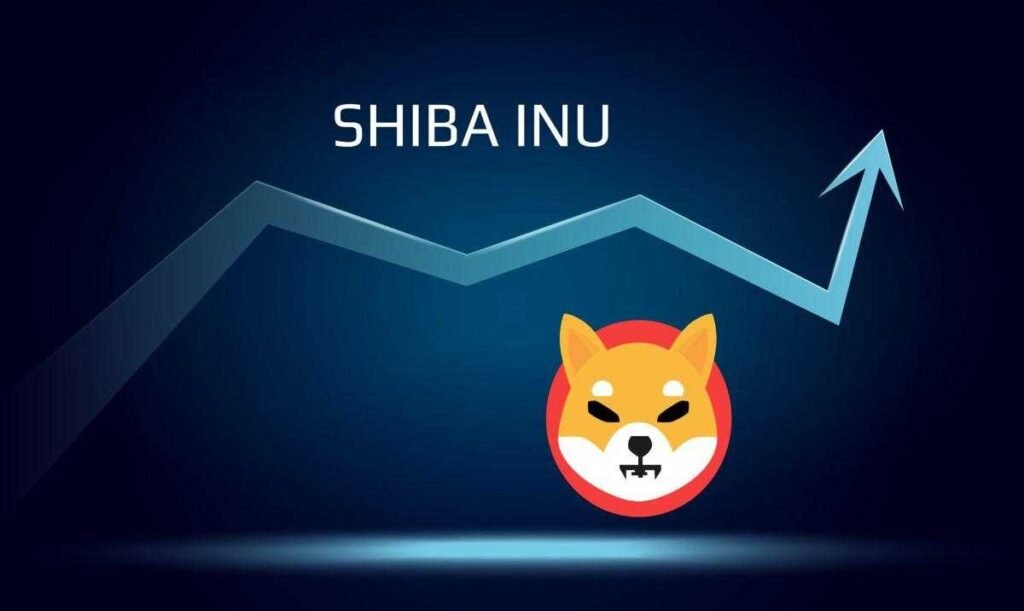If you’re diving into the world of online marketing, you’ve probably heard of terms like digital marketing and performance marketing. While they might seem similar, they are actually quite different in approach and execution.
In this blog, we’ll break down performance marketing vs digital marketing in detail, so you can understand how they work and which one suits your business best.
What is Digital Marketing?
Digital marketing is a broad term that refers to all marketing efforts carried out through digital channels. It includes everything from content marketing and SEO to social media advertising and email campaigns. The primary goal of digital marketing is to build brand awareness, engage audiences, and generate leads or sales over time.
Common Digital Marketing Channels
- Search Engine Optimization (SEO) – Optimizing your website to rank higher on search engines and drive organic traffic.
- Content Marketing – Creating valuable content like blogs, videos, and infographics to attract and retain customers.
- Social Media Marketing – Promoting your brand on platforms like Facebook, Instagram, LinkedIn, and Twitter.
- Email Marketing – Sending personalized emails to nurture leads and maintain customer relationships.
- Pay-Per-Click (PPC) Advertising – Running paid ads on platforms like Google Ads and social media.
- Affiliate Marketing – Partnering with influencers or affiliates to promote products in exchange for a commission.
What is Performance Marketing?
Performance marketing is a subset of digital marketing that focuses on measurable results. Unlike traditional digital marketing, where you may pay for impressions or brand visibility, performance marketing is all about paying for specific actions, such as clicks, leads, or sales.
How Performance Marketing Works
In performance marketing, advertisers collaborate with publishers or networks and only pay when a predefined action occurs. These actions can be:
- Cost Per Click (CPC) – Paying only when someone clicks on your ad.
- Cost Per Lead (CPL) – Paying when a user submits their information (like signing up for a newsletter).
- Cost Per Acquisition (CPA) – Paying only when a sale is made.
- Cost Per Mille (CPM) – Paying per 1,000 ad impressions (not always performance-based but used in some cases).
Common Performance Marketing Channels
- Affiliate Marketing – Using third-party marketers to promote your products and paying them based on the results they generate.
- Search Engine Marketing (SEM) – Running paid ads on search engines with clear conversion goals.
- Social Media Advertising – Running targeted ads on Facebook, Instagram, LinkedIn, and more, where you pay per action.
- Native Advertising – Sponsored content that blends into a platform’s organic content.
- Influencer Marketing – Paying influencers based on the engagement or sales they drive.
Key Differences: Performance Marketing vs Digital Marketing
| Feature | Digital Marketing | Performance Marketing |
|---|---|---|
| Objective | Brand awareness, engagement, and conversions | Direct conversions and measurable results |
| Payment Model | Often upfront costs (e.g., PPC, content creation) | Pay only for specific results (clicks, leads, sales) |
| Risk Factor | Higher (since payments are made regardless of results) | Lower (you only pay when you get a result) |
| Timeframe | Long-term brand building | Short-term, result-driven campaigns |
| Measurement | Measured by impressions, engagement, and traffic | Measured by cost per acquisition, leads, and conversions |
| Best For | Businesses looking for a strong online presence | Businesses looking for immediate and trackable ROI |
Which One Should You Choose?
It depends on your business goals.
- If you’re focused on building a long-term brand presence, investing in digital marketing strategies like SEO, content marketing, and organic social media is the way to go.
- If you want quick results with measurable ROI, performance marketing is a smarter choice. This is particularly useful for businesses with a clear goal, such as generating leads or increasing sales.
- Ideally, combining both can give the best results. You can use digital marketing for brand building while performance marketing ensures every rupee spent leads to measurable actions.
Final Thoughts
While digital marketing encompasses everything related to online promotion, performance marketing is a results-driven approach within digital marketing that focuses on conversions and measurable success.
For businesses looking to grow sustainably, a mix of both strategies can be highly effective. If you’re running an eCommerce business in India, performance marketing can help you drive sales quickly, while digital marketing can establish a strong brand presence.
What approach works best for your business? Let us know in the comments!

Online marketing is a fascinating field with various strategies to explore. Digital marketing covers a wide range of activities aimed at building brand awareness and engaging audiences. Performance marketing, on the other hand, focuses on paying only for specific actions taken by users, making it a more targeted approach. Both methods have their unique advantages depending on the business objectives. Which strategy do you think would be more effective for a startup company?
If you’re exploring online marketing, understanding the nuances between digital and performance marketing is crucial. Digital marketing focuses on building brand awareness and engaging audiences through various channels, while performance marketing emphasizes paying only for specific actions. Both approaches have their strengths, and choosing the right one depends on your business objectives. Have you considered how these strategies could align with your company’s goals? What results are you aiming to achieve with your marketing efforts?